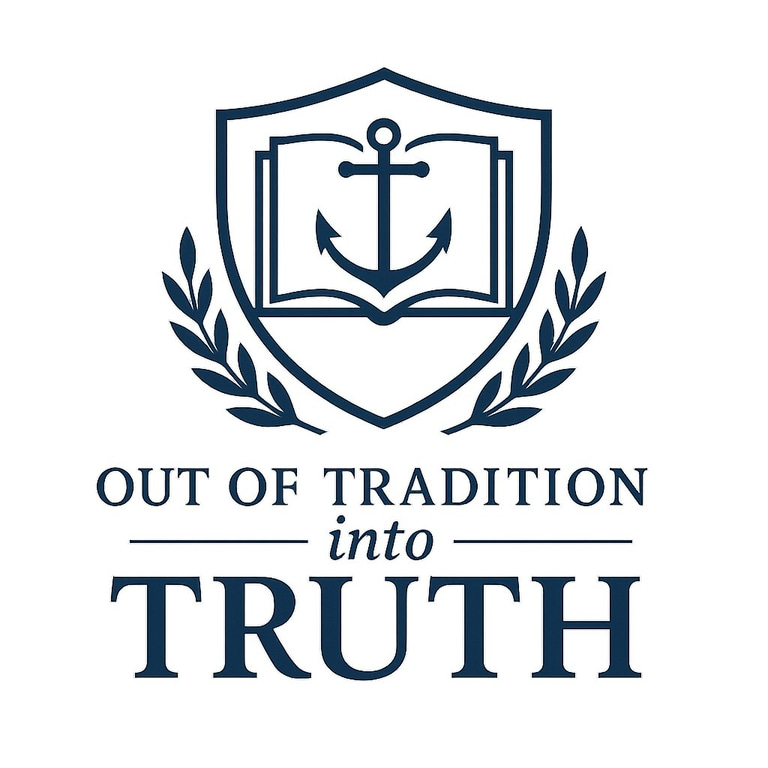Where Should a Person Be Spiritually and in Knowledge Before Explaining the Fellowship of the Mystery
(King James Bible only, Pauline right division)
The fellowship of the mystery is not the first lesson for a new believer. It is strong meat. Paul calls it the wisdom of God in a mystery, even the hidden wisdom. Before anyone can grasp this truth, they must be spiritually grounded in the gospel of grace and established in the basics of Pauline doctrine. Teaching the mystery to an unprepared listener only produces confusion. Foundations must be laid before the building will stand.
First, a person must be saved and assured by the gospel revealed to Paul. Christ died for our sins, was buried, and rose again the third day. Salvation is by grace through faith without works. There can be no mixture with Israel’s ordinances, covenants, or law keeping. Until someone rests in Christ’s finished work alone, the deeper things of God will seem foolish. The natural man cannot receive the things of the Spirit of God, and the carnal believer resists sound teaching through pride or uncertainty. Clarity about the gospel and assurance of salvation come first.
Second, a person must recognize Paul’s distinct apostleship and final authority for this dispensation. Paul is the apostle of the Gentiles. His message did not come from Peter or from the prophets. It came from the risen Christ from heaven. He received the dispensation of the grace of God and was made a minister to fulfil the word of God. Without this recognition, the fellowship of the mystery will appear to contradict the four gospels or Israel’s program. Once the listener understands who Paul is and why his message is unique, the pieces begin to fit.
Third, the heart must be humble and teachable under Scripture. Many read with the lens of tradition, experience, or emotion. Right division requires a willingness to let the Bible interpret itself. Paul says, Consider what I say, and the Lord give thee understanding in all things. Understanding comes when pride is set aside and the believer submits to the words on the page. The Lord illuminates what He has already revealed when we believe the book as it stands.
Fourth, the listener should have a working grasp of basic dispensational distinctions. They need to see the difference between prophecy and mystery, law and grace, Israel and the Body of Christ, the gospel of the kingdom and the gospel of the grace of God. They should understand the simple framework of time past, but now, and ages to come. With this framework in place, the mystery no longer looks like contradiction. It becomes clear that God spoke to Israel in time past, that He now speaks to us through Paul, and that He will fulfil His promises to Israel in the ages to come.
Fifth, the person should be spiritually established and hungry for truth from Scripture rather than from signs or feelings. The mystery is not learned through visions or experiences. It is learned by patient study of the King James Bible and by faith in what God is doing today. Paul says we are established according to his gospel and the preaching of Jesus Christ according to the revelation of the mystery. The believer who is grounded in grace will rejoice to learn what it means to be the Body of Christ, complete in Him, seated in heavenly places, and operating under grace.
In summary, before explaining the fellowship of the mystery, make sure the person is saved by Paul’s gospel and assured in Christ, acknowledges Paul’s distinct apostleship, approaches Scripture with humility, understands the fundamental divisions of the Bible, and desires truth from the written word. The mystery is not the starting point of faith. It is the capstone of understanding for this present dispensation of grace. When the foundation is laid, the fellowship of the mystery becomes the very wisdom of God at work in the believer who believes the words of God rightly divided.
Connect
Stay updated with our latest resources.
Follow
Contact
© 2025. All rights reserved.
